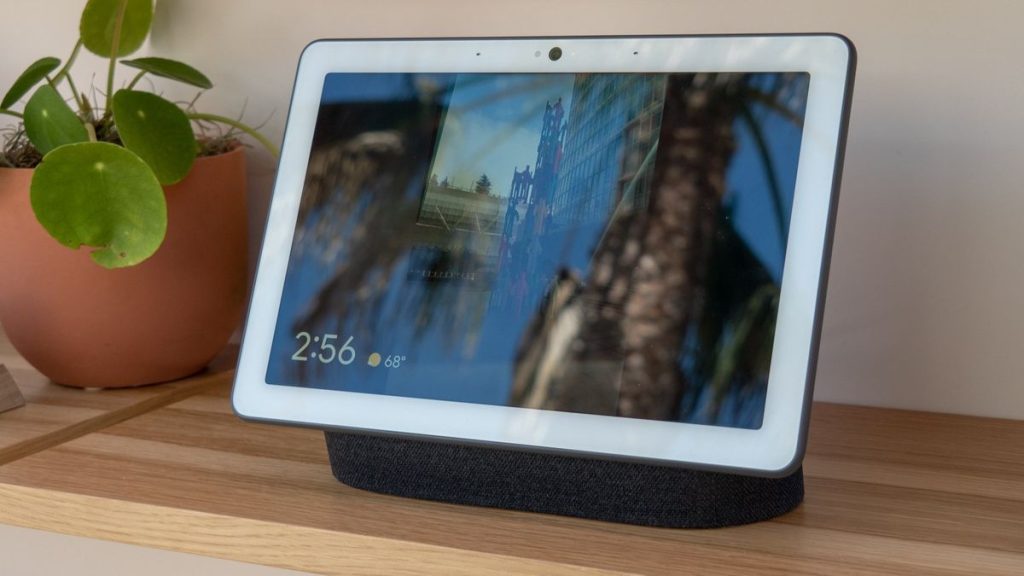It appears that the future of Google Home and Nest speakers and displays is uncertain, especially considering the recent reductions in features for Google Assistant. As the company shifts its focus toward Gemini, its AI-centric chatbot and assistant, Google Assistant is losing capabilities quickly. Just this week, Google revealed plans to eliminate seven additional features from Assistant, following the removal of 18 features earlier in 2024.
This trajectory has led to the Google Assistant being perceived as significantly diminished. While this is less problematic for smartphones and tablets—with Gemini often performing better—Android devices can still leverage Assistant extensions when Gemini falls short. Rumors even suggest that Gemini will soon take over Google Assistant on smartwatches through an upcoming Wear OS update.
The main issue is that Gemini cannot be integrated effectively into the smart home devices that rely on Assistant the most. Google hasn’t updated its smart displays, such as the second-generation Nest Hub and the Nest Hub Max, since 2021, and the Google Nest Mini hasn’t seen an update since 2019. Consequently, these older, cost-efficient devices might lack essential Assistant features and fail to operate Gemini effectively.
Last year, Google set a concerning precedent by discontinuing its budget-friendly Chromecast lineup in favor of the pricier Google TV Streamer, which will soon incorporate Gemini Live and other AI functionalities. With this slowdown of Assistant development in favor of Gemini, there’s a strong possibility that the Nest product line may experience a similar shift toward more expensive and advanced smart home controllers like the Pixel Tablet, which are better equipped to handle Gemini.
Google Nest Devices May Become Unusable Without Assistant
Due to the age of the Nest devices, their performance has started to degrade, and some features are beginning to fail. The platform seems increasingly neglected; a recent bug even caused Nest products to struggle with basic requests—an issue that took weeks to resolve. On top of these performance issues, Google is actively eliminating key Assistant functionalities. In addition to the 18 features discontinued last year, Google recently added seven more to its support documentation that will no longer be available, such as adjusting photo frame and ambient screen settings via voice commands.
Some of the more significant features that have been removed include daily updates from Google Assistant and the ability to easily favorite or share photos using voice commands. This means that Nest devices aren’t just missing out on new capabilities; they’re also losing essential functions over time. While it’s understandable that Google wants to focus its resources on either Assistant or Gemini, it should remain mindful of all the products in its lineup. As the Pixel devices continually improve with Gemini enhancements, Nest speakers and displays seem to be deteriorating.
Concerns Over Gemini’s Impact on Nest
If today there were an option to transition Nest devices to Gemini, the recent removals of Assistant features might be justifiable. However, that isn’t the case, and skepticism remains regarding whether Gemini can effectively replace the Assistant. It’s doubtful that a Gemini-based assistant could function on older Nest devices, which could leave them stuck with an Assistant that lacks basic features. Therefore, the shift towards Gemini could drastically affect the usability of existing Nest products, as Assistant loses more capabilities.
Historically, one of the advantages of the Google Nest ecosystem has been its affordability—being able to equip an entire home with smart devices without substantial financial strain. For instance, the Nest Mini retails for $50, while the Nest Hub display is priced at $100. To maintain this accessibility, Google must consider upgrading its Nest hardware. Many devices in the lineup have become outdated, oftentimes exceeding five years in age. There is potential that future Nest hardware, if Gemini is used, could be sold at a premium, which would significantly alter the brand’s essence.



